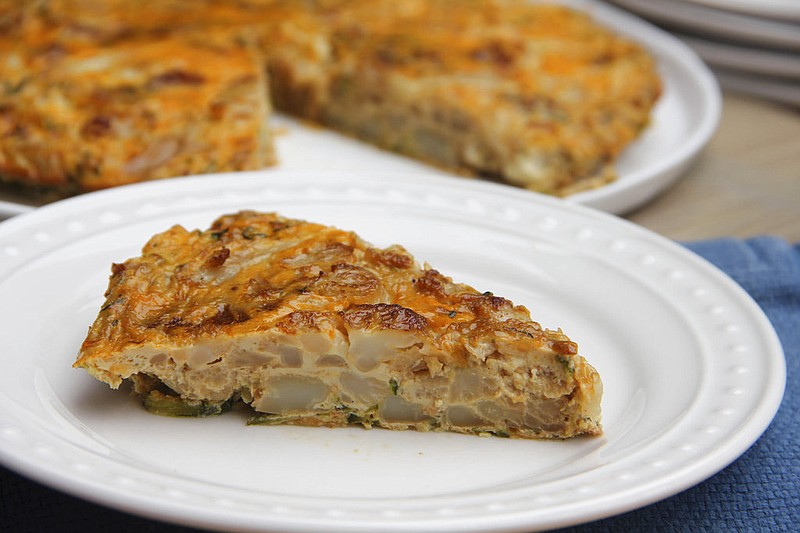As promised, here is more information on managing gut health continued from the Healthy Life column that ran Sept. 5. To recap, the gut functions to digest food and beverages we take in, absorb nutrients and provide immunity. The health of our gut depends on many things including the nutrients we take in, fiber intake and fluids we drink.
The GI tract is a muscle, and like other muscles in our body, it needs a workout. You can give your gut a workout by adding more fiber to your diet. Fiber works to delay stomach emptying (keeping you full longer), control blood sugars, provide food for the good bacteria in our guts (pre-biotics), reduce cholesterol and help with diarrhea/constipation.
You should aim to get 25-35 grams of fiber per day, but most Americans do not reach this goal. Several reasons you may not get enough fiber could be due to fad diets that promote low carbohydrate consumption that reduces fiber intake from whole grains/whole wheat, high protein intake, consuming more processed foods that have a low nutrient value, inadequate fruit and vegetable consumption, and dining out.
There are two types of fiber: soluble and insoluble. Soluble fiber is an energy source for the bacteria in the intestine. It can help prevent the absorption of toxins and prevent lifestyle related diseases among other scientific roles. Soluble fiber can be found in foods such as oats, nuts, seeds, dried peas, beans, lentils, apples, pears, strawberries and blueberries. Insoluble fiber can help with constipation and activate the movement of gut muscles. Insoluble fiber is found in foods such as whole wheat bread, barley, couscous, brown rice, wheat bran, carrots, zucchini, celery and whole grain cereals. Pre- and pro-biotic foods are another tool we can use to aid in gut health. Pre-biotics are non-living, digestible fibers that nourish the good bacteria that lives in the intestines. Probiotics are living microorganisms that provide beneficial effects and fight harmful bacteria in the gut, but they are more fragile and may be killed overtime by acid in the stomach. Probiotic foods include yogurt (with added probiotics), kefir and kombucha.
It is also important for children to get adequate fiber. Choosing foods that are in high in soluble and insoluble fiber as well as probiotics such as whole grains, fruits, vegetables and probiotic yogurt can jump start good dietary habits for the rest of their lives.
If you struggle with symptoms such as bloating, pain, constipation, diarrhea or discomfort after eating, consider consulting a doctor or dietitian about a low FODMAP (Fermentable, Oligo-/Di-/Monosaccharides and Polyols) diet. The low FODMAP diet includes two weeks of consuming only low-FODMAP foods, then slowly reintroducing food groups. This diet can help "reset" the gut and allow you to pin-point foods that cause issues for you. Try this muffin recipe for a gut-friendly breakfast or snack.
Rachel Werner is a registered dietitian at SSM Health/St. Mary's in Jefferson City.


